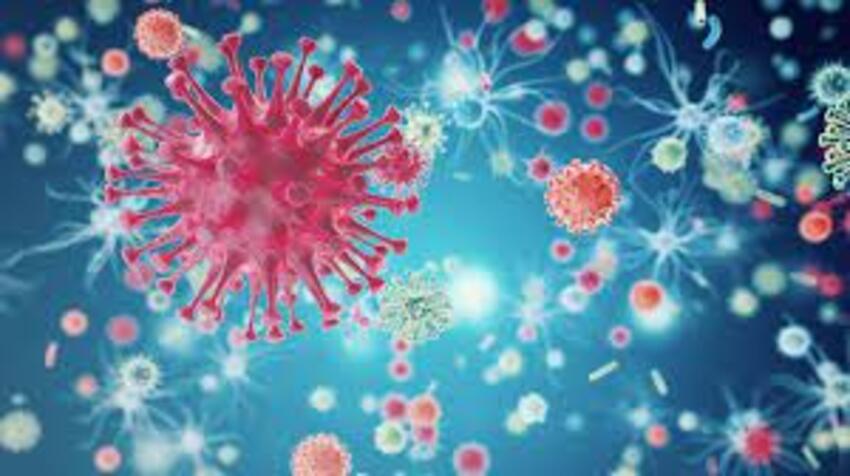
Anesthesiology
Anesthesiology is a branch of medicine that addresses pain
control and maintenance of a stable condition during surgery as well as
obstetric and diagnostic procedures. An anesthesiologist is a physician who
specializes in the use of drugs and other agents to optimize the patient’s
condition before, during and after surgery.
Anesthesiology is a branch of medicine that addresses pain
control and maintenance of a stable condition during surgery as well as
obstetric and diagnostic procedures.
An anesthesiologist is a physician who specializes in the
use of drugs and other agents to optimize the patient’s condition before,
during and after surgery. Anesthesiologists also diagnose and treat acute and
long-standing pain problems. They direct resuscitation and provision of
artificial ventilation for critically ill or injured patients.
Whether providing sedation during a routine colonoscopy or
stabilizing a patient seriously injured in a car crash, our anesthesiology team
provides the foundation for positive surgical outcomes.
The branch of medicine that is focused on the relief of pain
in the perioperative period (i.e. before, during or after a surgical procedure)
is known as anesthesiology. The medicaments administered are termed anesthesia
and the doctor who is trained in this specialty is referred to as an
anesthesiologist. However, terminology may vary depending on the country or
continent. For instance, some locales may refer to anesthesiologists as
anesthetists and the medication that they deliver as anesthetics.
In general, anesthesiologists are trained after completing
medical school, which may range from eight to twelve years, depending on the
country. Their vigorous training entails
in depth acquisition of knowledge in key areas, such as the pharmacokinetics
(i.e. the effect of the body on a drug) and pharmacodynamics (i.e. the effect
of the drug on the body) of drugs. In addition to pharmacology, anesthesiologists
must be versed in mechanical ventilation, various monitors of physiological
functioning, neuroanatomy and other general areas of medicine.
“Anesthesia is the
temporary state of unconsciousness that can be done either through injection or
by inhalation (breathing in). It numb the sensation of the patient and enables
the doctors to carried out medical procedures without any pain and discomfort”.
- Local Anesthesia:
- Regional Anesthesia: Spinal Anesthesia
- Epidural Anesthesia
- Peripheral Nerve Blocks
- Peripheral Nerve Blocks:
- General Anesthesia:
- Cardio thoracic anaesthetists
- Neuro anaesthetists
- Acute or chronic pain medicine
- Pre-hospital and trauma care
- including air ambulance transfer
- Paediatric anaesthetists
- Obstetric anaesthetists
- Intensive care
- Adverse Drug Events Reporting
- Mechanical Ventilation
- Medical Malpractice and Legal Issues
- Pain Management
- Patient Safety
- Perioperative Nursing
- Residents
- Sepsis
Recent Published
Submit Manuscript
To give your manuscript the best chance of publication, follow these policies and formatting guidelines.


